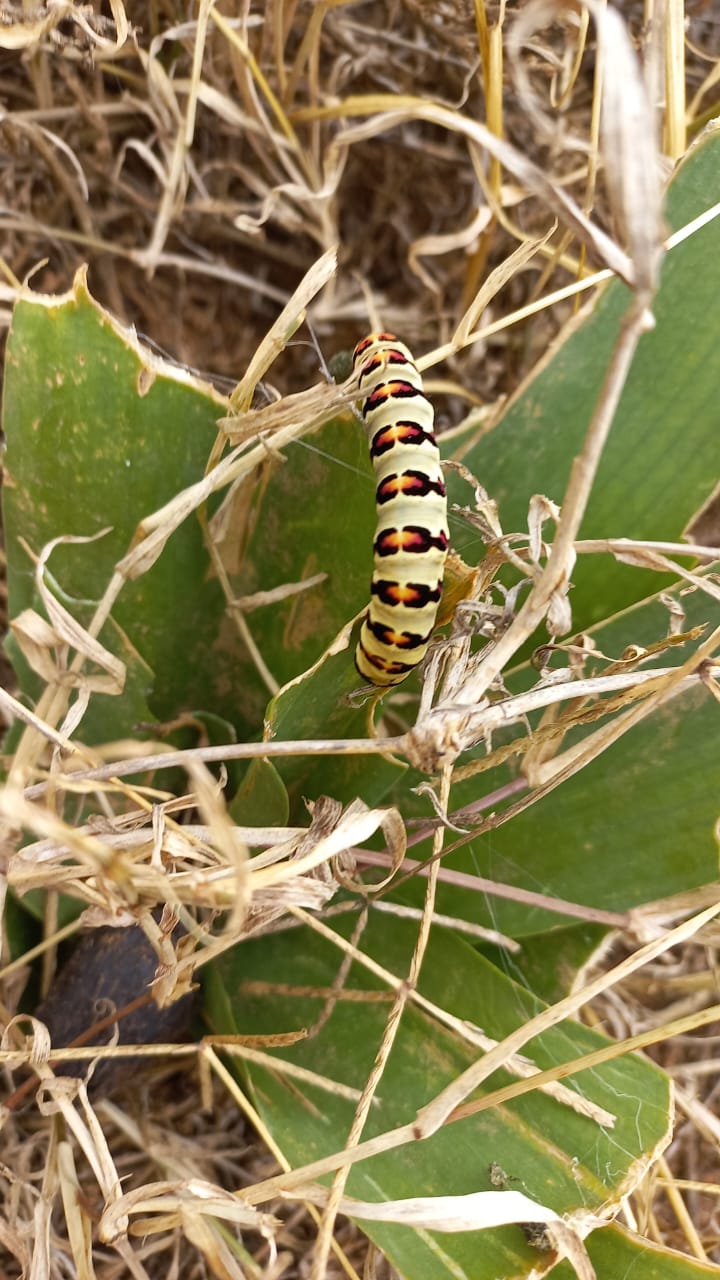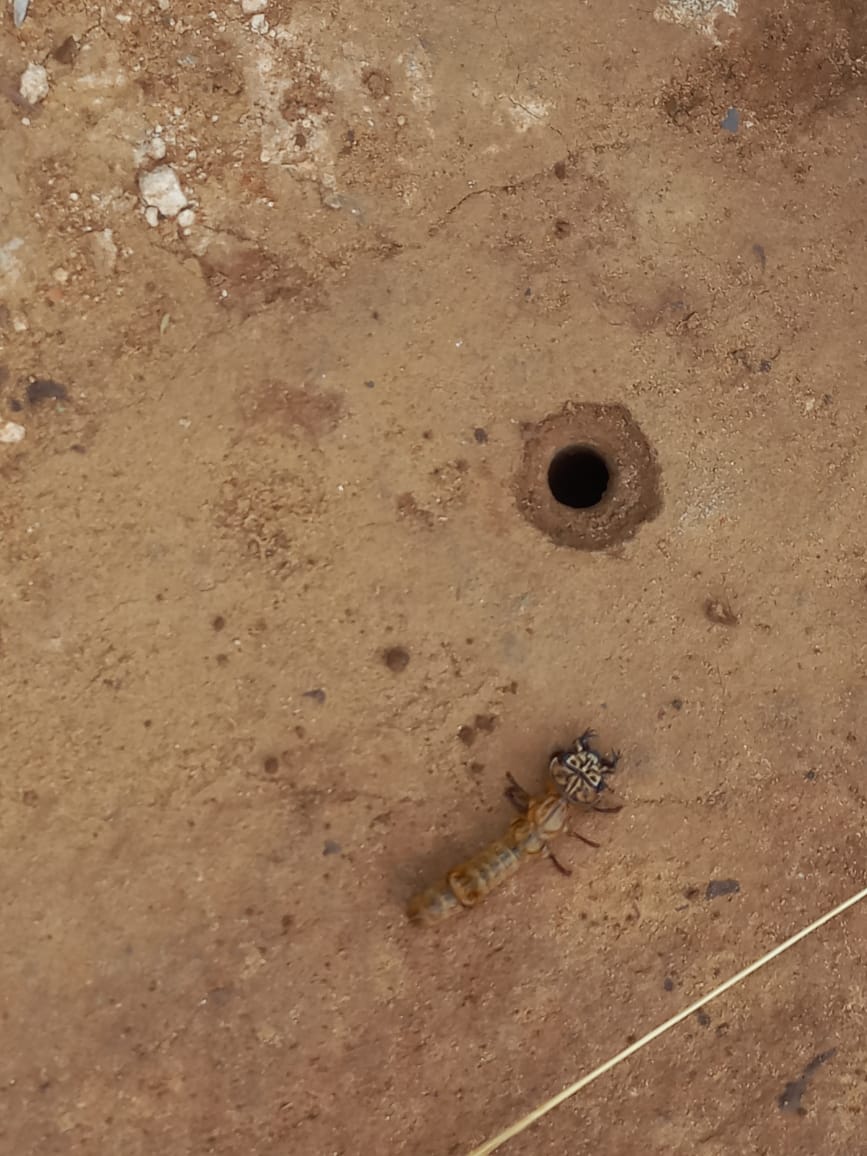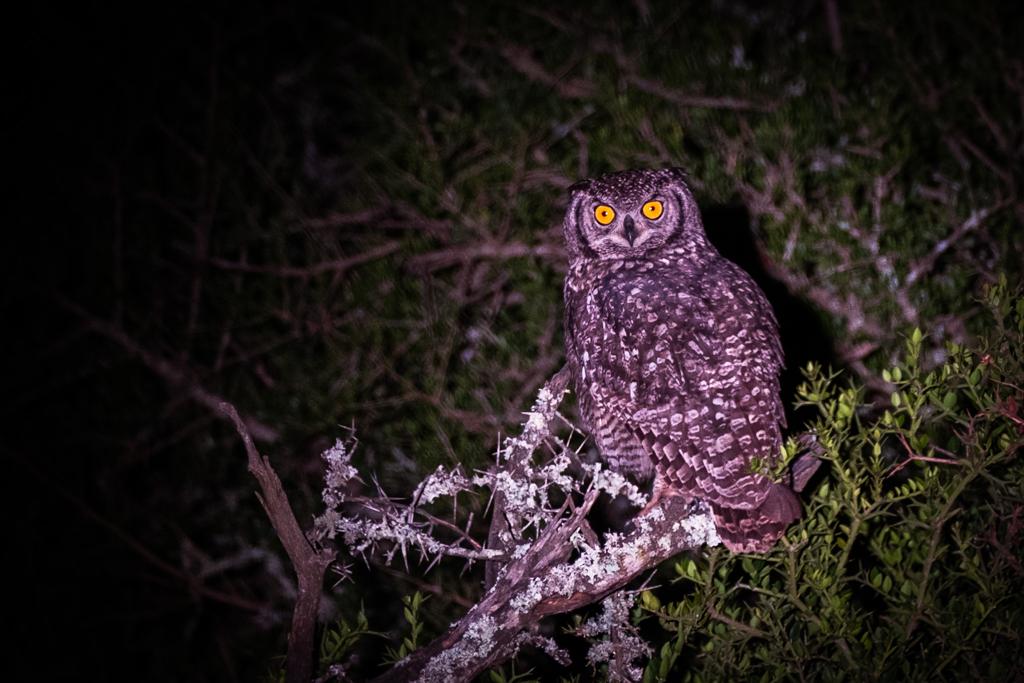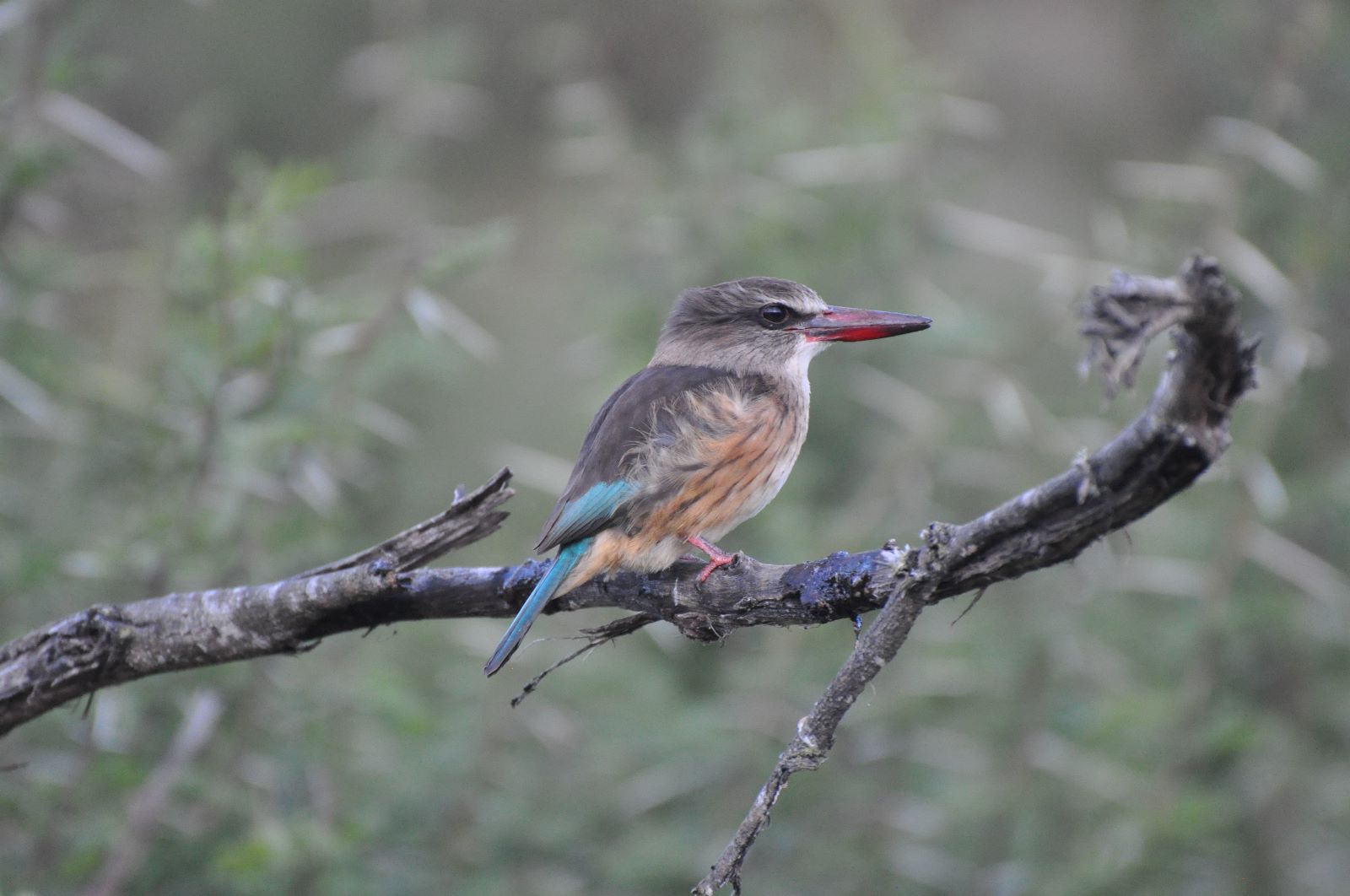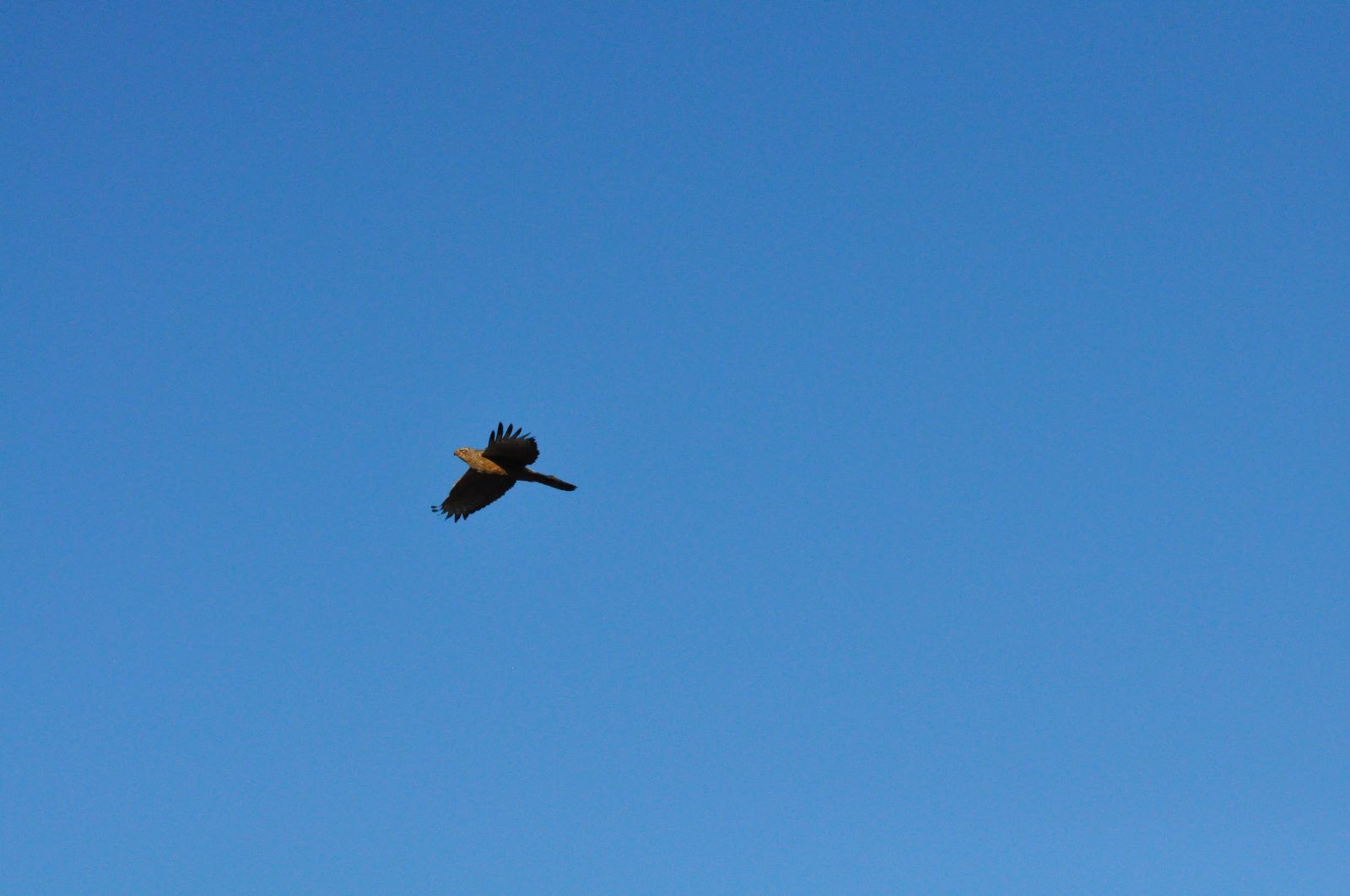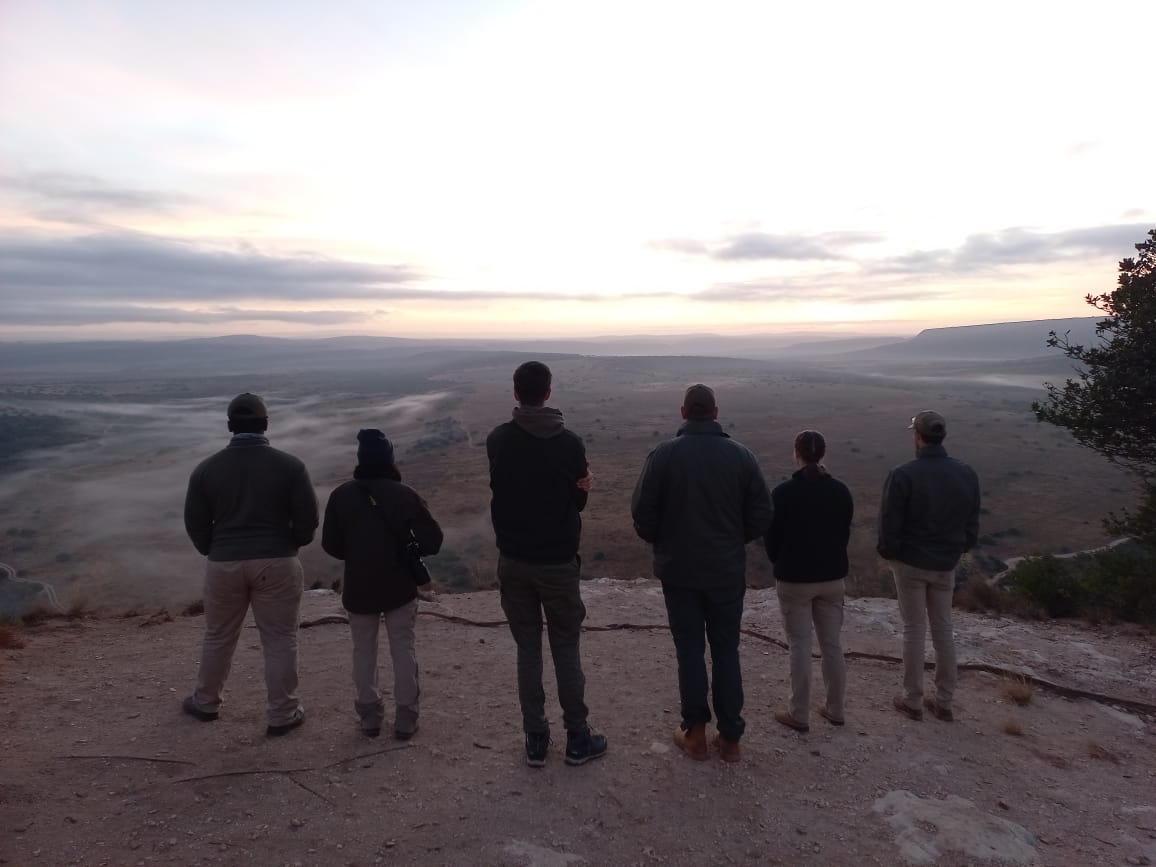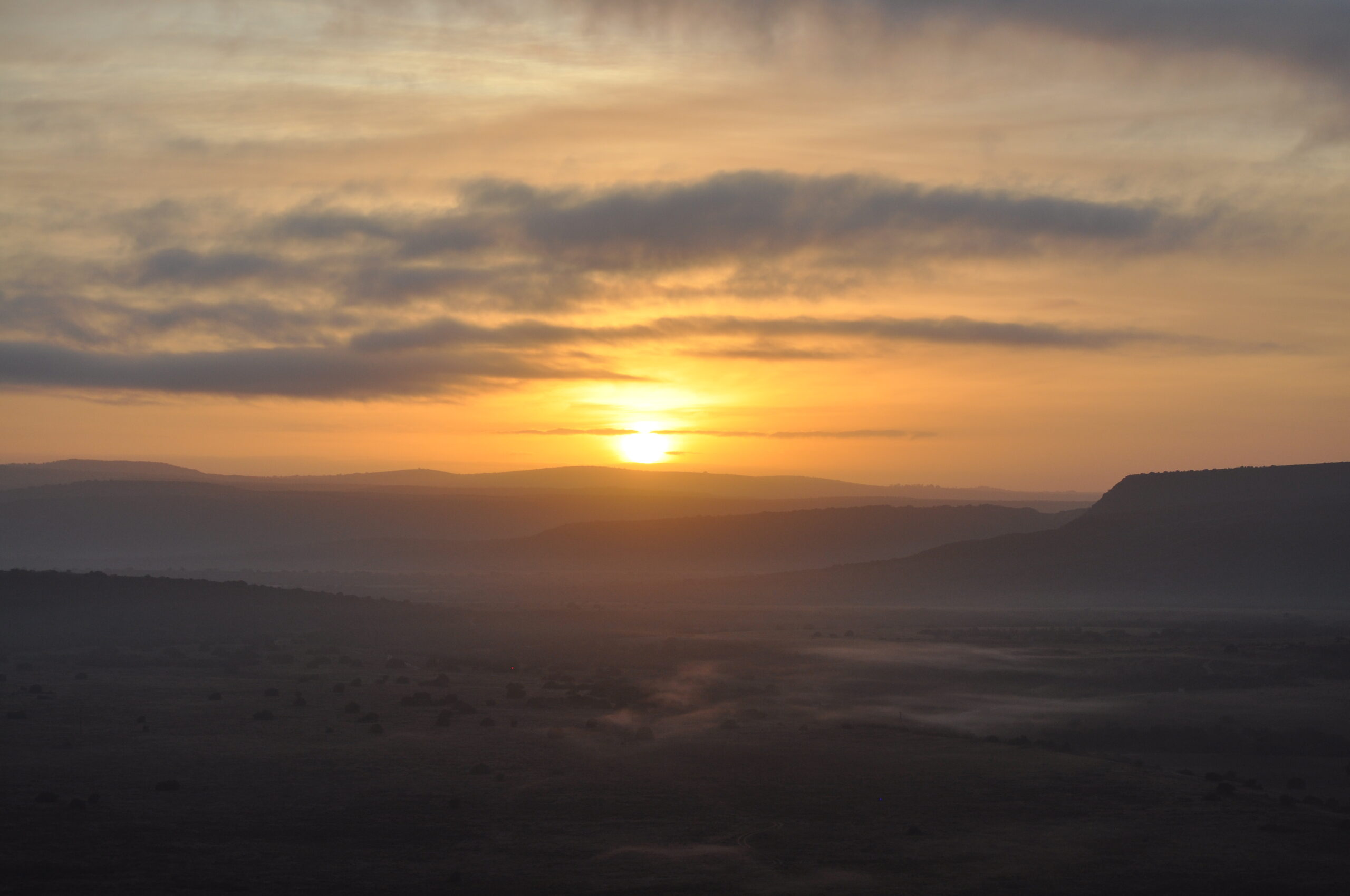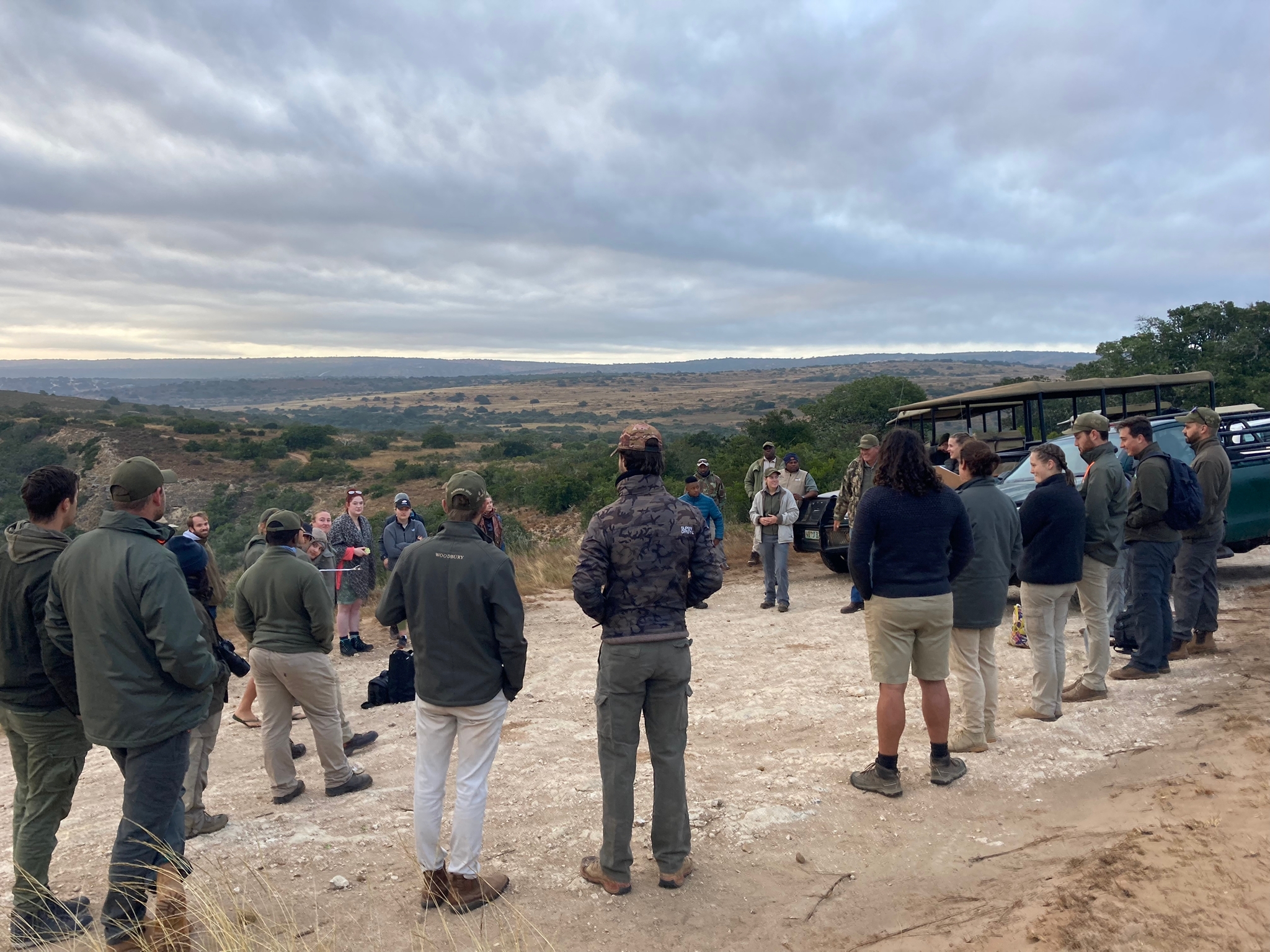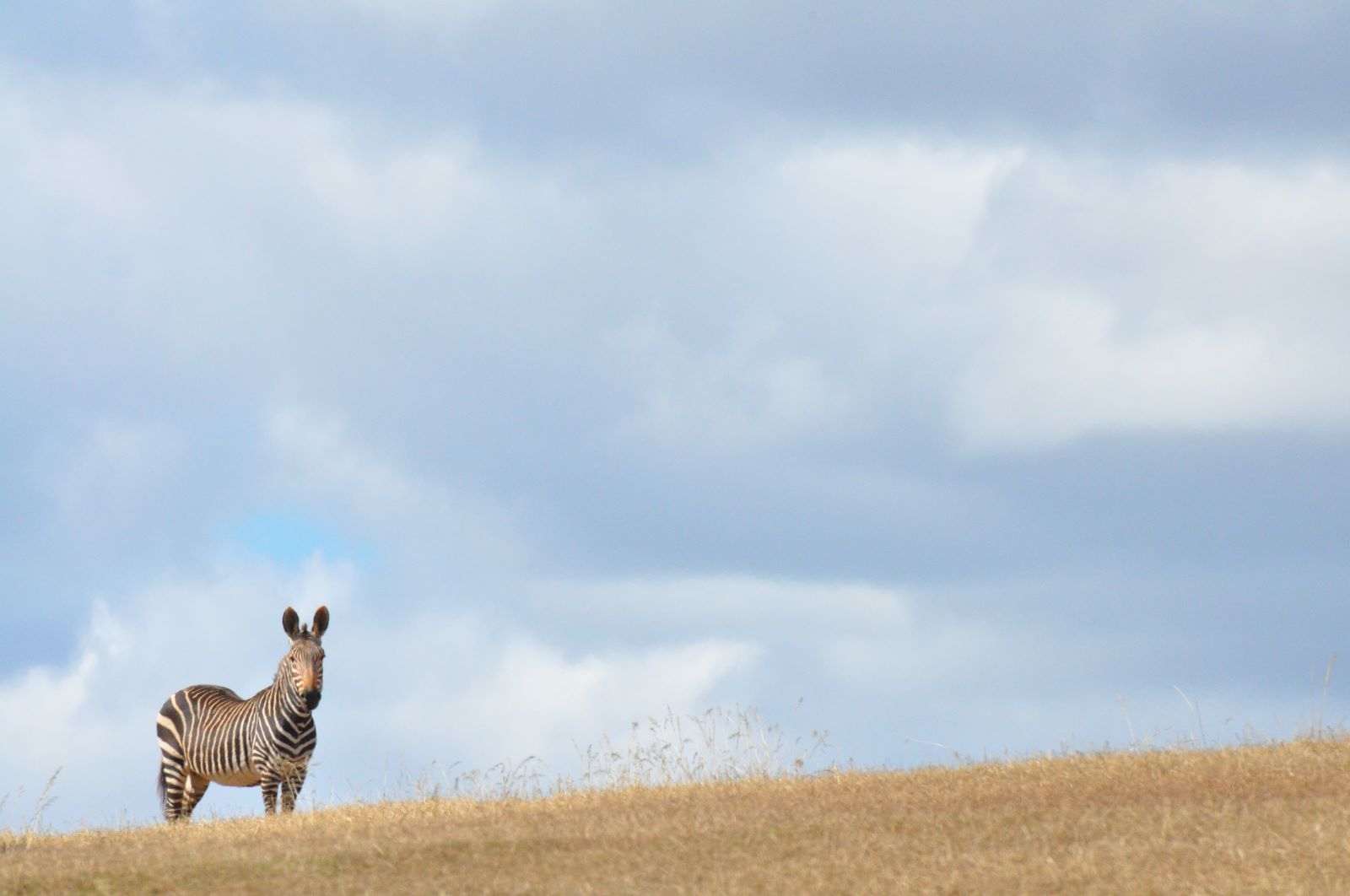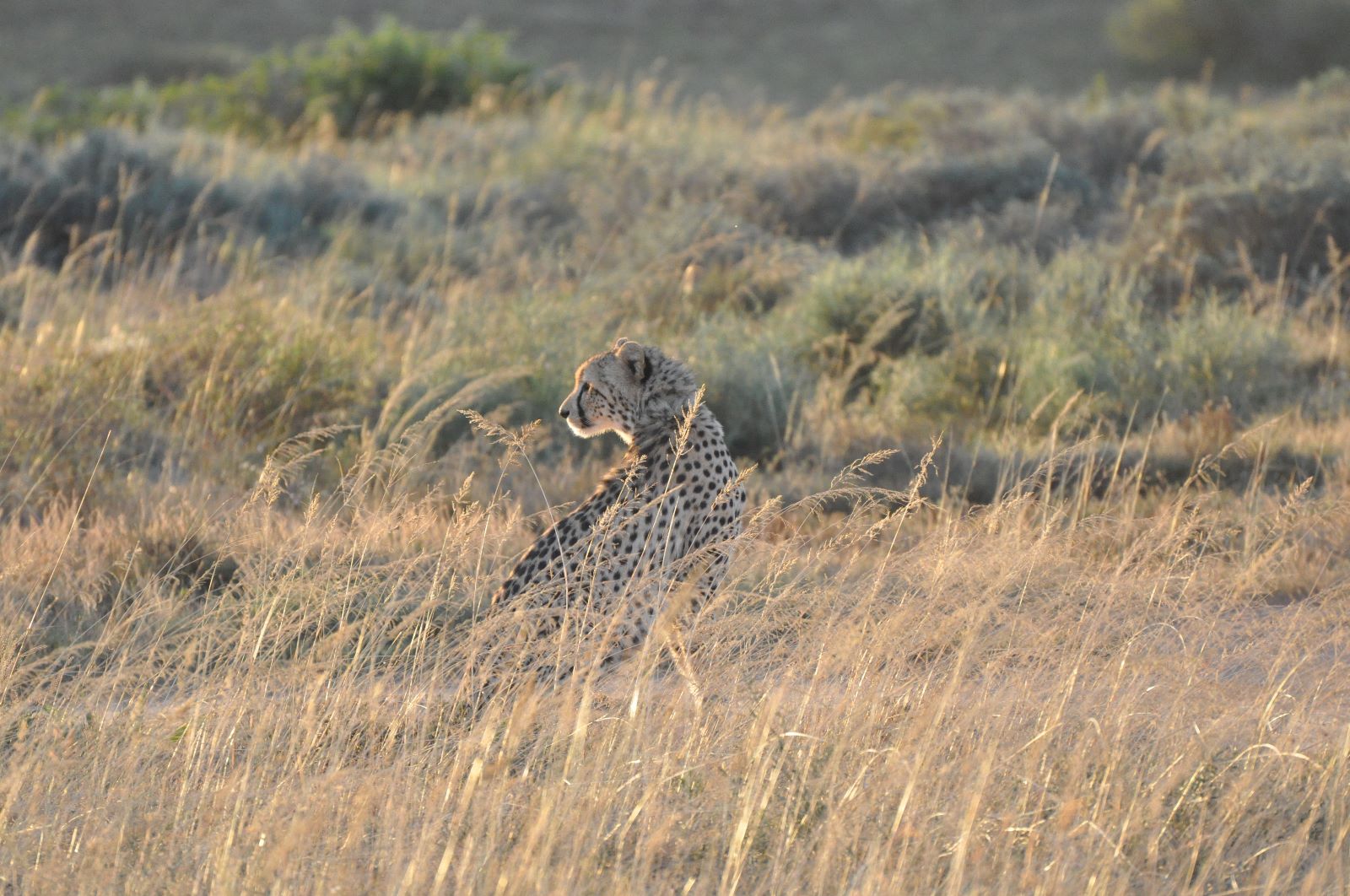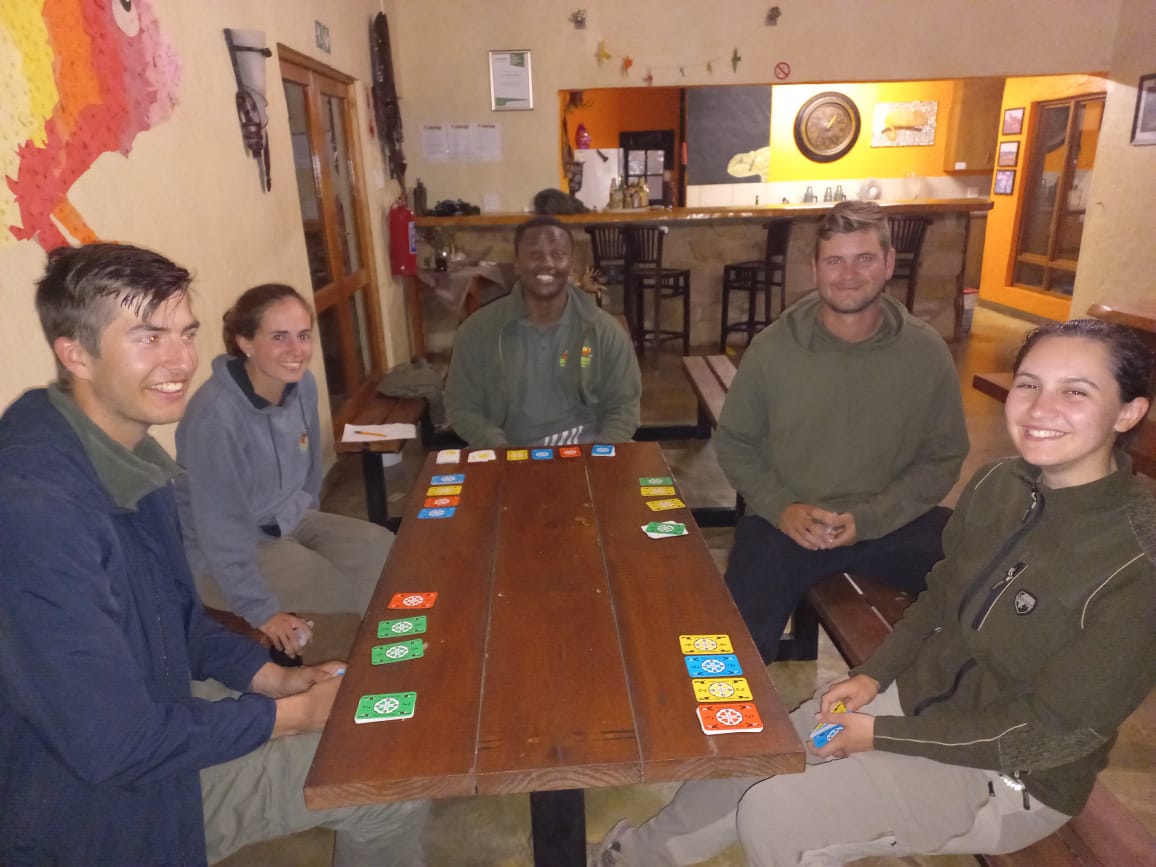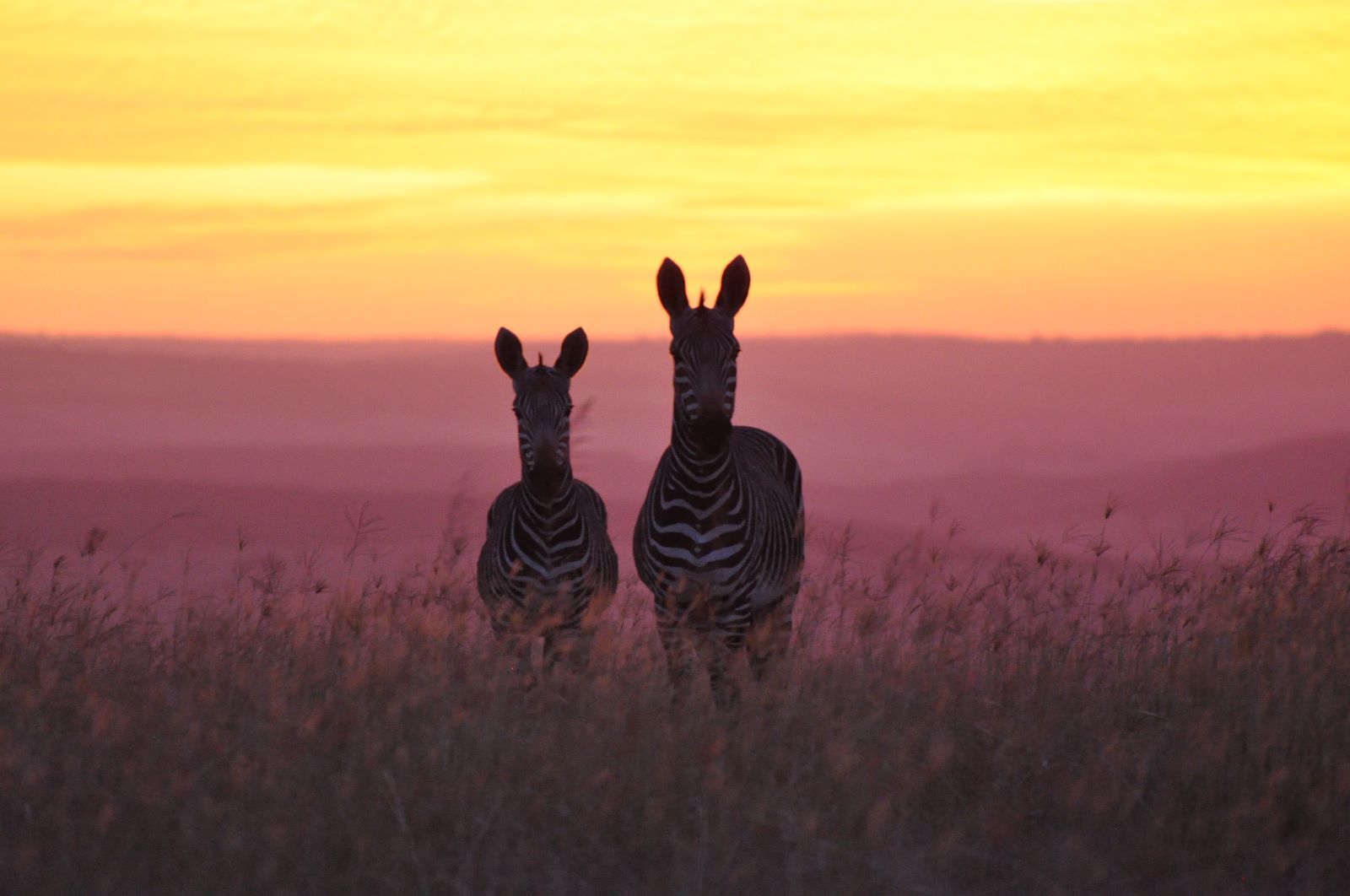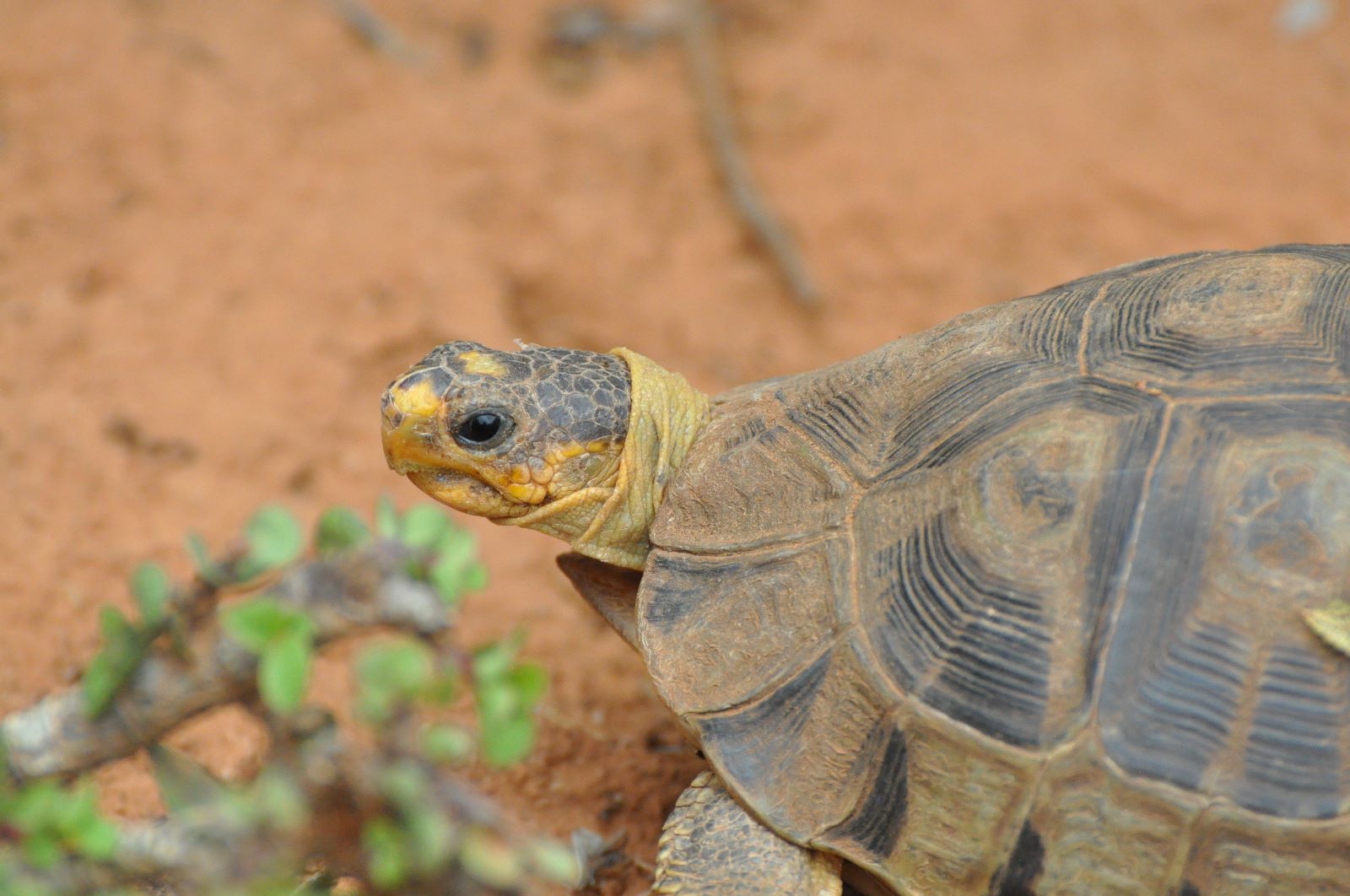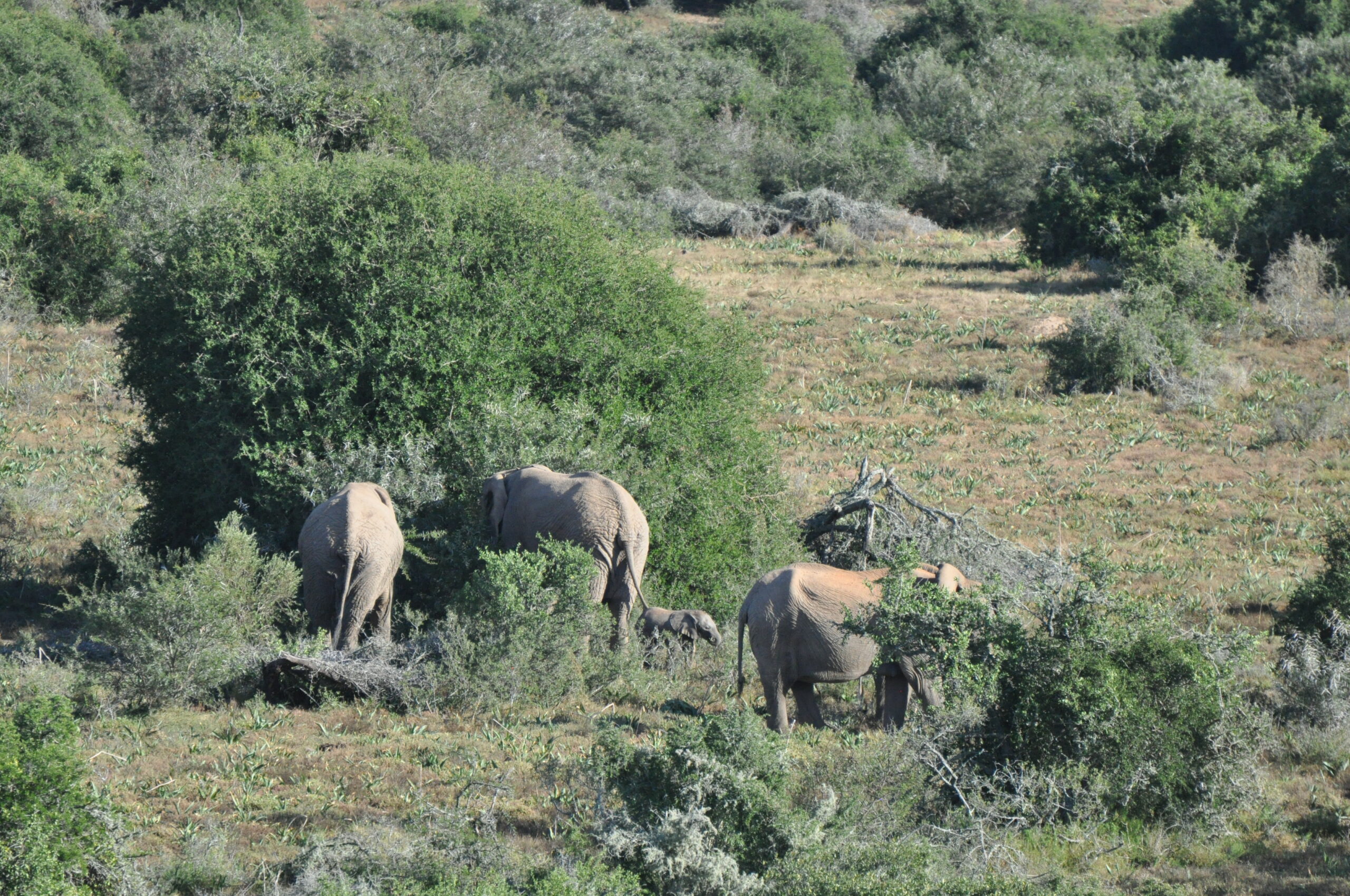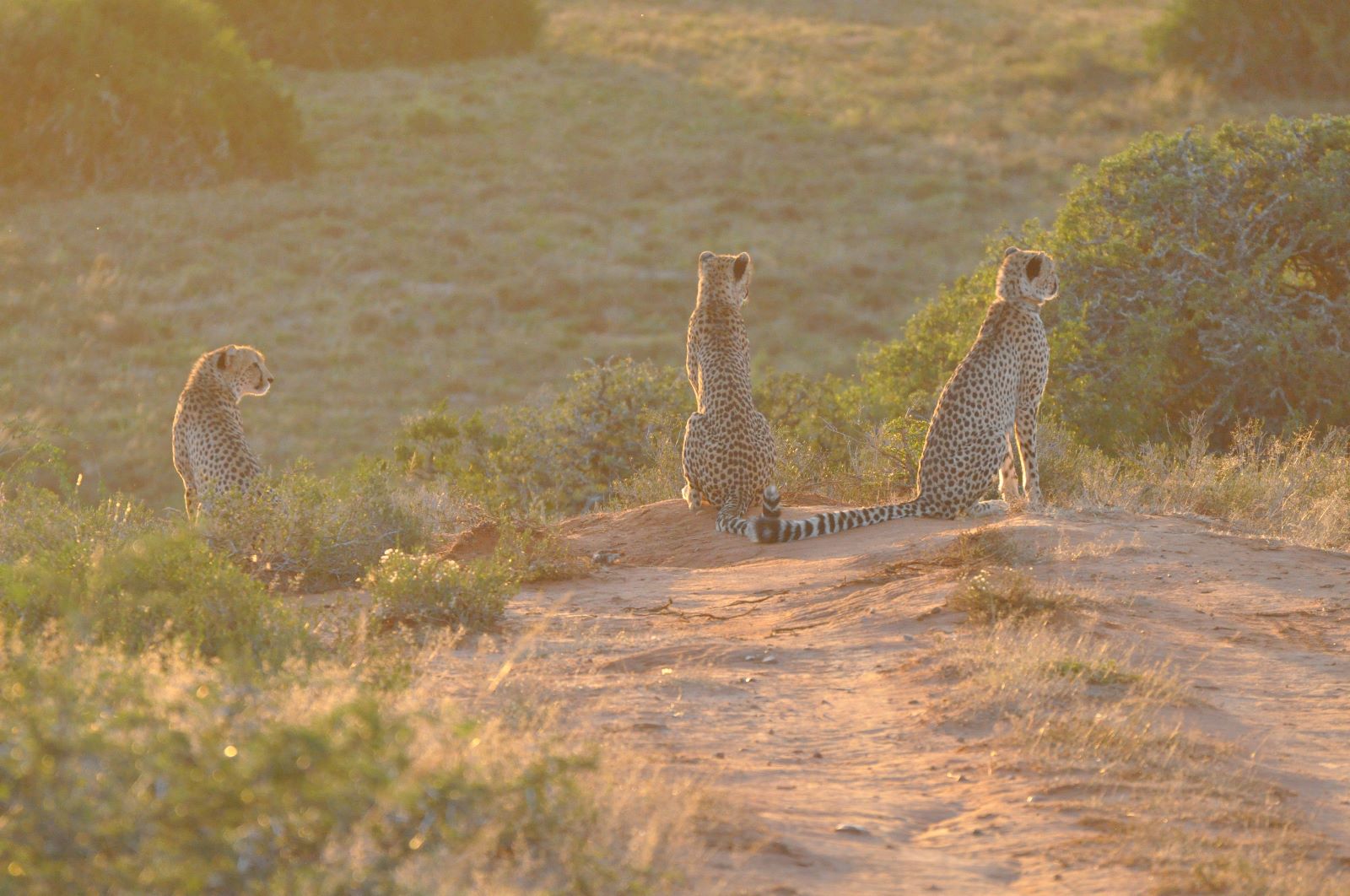Becoming the best version of me
The week starts off with us learning about the creepy crawlies of our world. Be it above or beneath the surface, they are all interesting in their own way. At first one wonders why we should learn about bugs or as we now know them, Arthropods. I challenge the reader to learn one fact about these guys and soon you will be as hooked as we are. The evening brought us a game drive which turned out to be a treasure hunt. We all went about turning rocks in hopes of any arthropod we could find. The main prize of course being the scorpion. Arachnids, insects, and many more were found, except for the scorpion. Failing to find the scorpion we decided to ease our hearts with the search for our Hippos. The hippos were found but the real joy was seeing the calf step out of the water and pose for the camera. This could cause one to think that game drives are all about finding the animal. Sometimes subtle hints left behind by an animal can be just as good as the real thing.
Wednesday we headed off to Carnarvon Dale looking for the elusive Brown hyena. Instead, we found signs that he indeed was here. It started off with tracks, then his feces, and finally the pasting left behind by our hyena. Back in the classroom, it wasn’t all dull and gloomy. Here we learned about the intricacy of the circle of life. How all living things work together to bring us the beauty of Amakhala. Our week started with us focusing on the ground and those that dwell within it, but it ended with the heavens up above and all its feathered inhabitants. Piet took us for a drive where he shared his knowledge of birds and helped us have a better idea when it comes to identifying birds. There is so much to learn about our feathered friends, and so many feathered beauties to learn, but we will get there!
All in all, it was a great week, may the next one come along so we can push ourselves to be the best version of ourselves and the best Ulovane can offer. – Bulela, our local Amakhala Bursary student, who joins us from Safari Lodge! Bulela will join the Safari Lodge volunteer program as a guide once he successfully completes his Apprentice Field Guide Course!
“Your hardest times often lead to the greatest moments of your life. Keep going. Tough situations build strong people in the end.” ― Roy T. Bennett
Transformation is key
Tick tock… it has already been a month, that is 4 weeks or 30 days… and speaking of numbers, this Tuesday we had the great opportunity to participate in the annual Animal Count of Amakhala Game Reserve.
It all started in the best way, with a beautiful sunrise that we observed from the elevated position of God’s Window.
The ecologist explained our roles to us and we divided into groups and also met other guides of the reserve, it was nice to meet new faces. Meanwhile, the sun had already risen and, after the curtain opened, the show began. All the groups started with a single mission: to count. In some moments it was difficult. As soon as you finished counting a group of zebras a new one appeared, and then one more and more. So the auction started, someone said 4, another 7, and then 9…last offer? Awarded! Total 9 zebras.
At other times it felt like looking for a needle in a haystack, and the challenge centered on who had the fastest eye. Maybe it could take a while before we found something but at least the company was great.
And always in excellent company, we returned to the lodge, where we were able to continue our studies.
This week was dedicated to botany, a really interesting subject, we often tend to underestimate the importance of plants, which however are essential for the life of many other animals and organisms, including humans.
Many interesting questions and equally interesting answers have surfaced. For example:
“Why do plants have flowers?”
Flowers are surely one of the many wonders that nature offers us, but they have higher purposes than just being colorful and fragrant. In fact, the flowers contain the reproductive organs of the plant, are so colored to be clearly visible to pollinating insects, and are so perfumed to attract them.
“Why that flower is white?”
The candid white color of the flowers is clearly visible in the dark of the night and therefore is more likely to attract nocturnal pollinating insects.
And what about you? What are your questions? Next time you take a walk, will you wonder why that flower is orange or why that plant is so prickly?
I have a lot of questions and here I am getting so many answers that in turn form so many other questions… I think this means learning. Ask questions, find answers, and start over but stay curious and therefore grow and mature continuously.
Speaking of maturing: during my drive this week we were lucky enough to observe elephants, beautiful and impressive creatures.
I asked a question: “When do elephants reach maturity?” and the answer was a tantalizing new question “What do you mean? Sexual maturity or mental maturity?” and a new lesson has begun.
Elephants reach sexual maturity between the ages of 8 and 13, but true maturity comes when they gain a role in the community, take on responsibilities and face challenges that change them. Not so different from humans, right?
One of the reasons I decided to do this course is to change and improve myself, so I hope I can transform like an elephant reaching maturity. – Veronica, our lovely Italian lady, is excited to learn, excited to be in Africa, and making the most of every day, with loads of questions!!
“Life is a succession of lessons which must be lived to be understood.”
-Helen Keller

